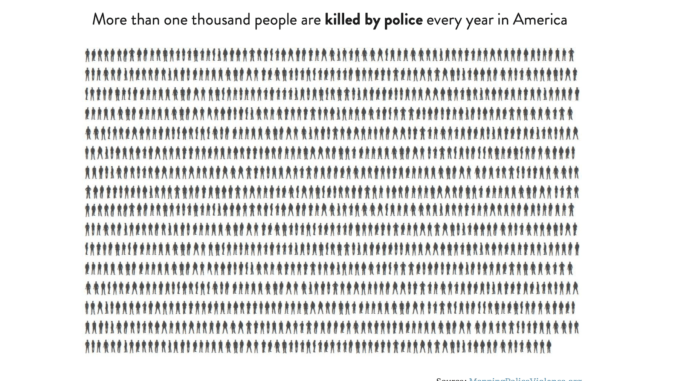
Contract analysis pioneer, Kira Systems, has partnered with policing transparency group, Campaign Zero, to provide searchable access of police union contracts.
This is to enable journalists, academics and campaigners to easily examine the surprisingly one-sided protections built into those agreements that shield the police from public accountability.
Following the death of George Floyd and the Black Lives Matter (BLM) protests in the US and around the world, attention has focused on police contracts that prevent them from being fired, or even disciplined in some cases, in relation to brutality allegations.
Campaign Zero is providing reporters with access to over 600 police union contracts and Law Enforcement Officers’ Bills of Rights documents.
The campaign, started by activists DeRay McKesson and Sam Sinyangwe, wants to focus in particular on six troubling areas inside these contracts, (see below).
- Disqualifying misconduct complaints that are submitted too many days after an incident occurs or if an investigation takes too long to complete
- Preventing police officers from being interrogated immediately after being involved in an incident or otherwise restricting how, when, or where they can be interrogated
- Giving officers access to information that civilians do not get prior to being interrogated
- Requiring cities to pay costs related to police misconduct including by giving officers paid leave while under investigation, paying legal fees, and/or the cost of settlements
- Preventing information on past misconduct investigations from being recorded or retained in an officer’s personnel file
- Limiting disciplinary consequences for officers or limiting the capacity of civilian oversight structures
It’s hoped that by making it easier for people to gain access to these contracts, and with the help of Kira, which the team has used to find specific clauses that relate to the above issues, greater accountability and reform may take place. In turn that should help to reduce police murders and other acts of police brutality in the US, as the perpetrators would then be more likely to face prosecution.
Artificial Lawyer spoke to Noah Waisberg, CEO and co-founder of Kira about how the company, which normally focuses on the commercial legal sector, got involved.
‘Kira means ray of light in Sanskrit. We believe in giving people access to information and we want to help people shine a light on these police contracts,’ he explained. ‘We are providing light for people who want it.’

He added that the Campaign Zero team had already made use of Kira’s NLP capabilities to find key clauses in the contracts that relate to overly lenient conditions for police accountability, and that with all the contracts inside Kira’s system they were now searchable for the provisions the team had trained Kira’s NLP software on.
Waisberg added: ‘Reading these contracts by hand would take a long time. People can now do data analysis on the contracts [more easily].
‘Better transparency yields better outcomes for society, and as to police violence, there is room for improvement.’
He continued: ‘We support transparency and this aligns with Kira’s values. More broadly we support research into contracts to provide transparency in lots of situations. This could be teachers’ union contracts, for example. We are interested in helping anywhere in society to help people make better decisions through contract transparency.’
He concluded by reiterating that the focus on doing social good, and working beyond the commercial legal sector, was not just for this one campaign, but that any area where there were a large number of contracts and transparency was needed, would be something Kira would be interested in helping with.
Note: Kira provided its services for free to Campaign Zero.
Not a comment: My question is who can I contact for insight on the Rochester, MN police department contract?
Dies this department have might be considered a standard transparency issue?
Specifically Listed is half-time cops, master policing, special units are areas never examined or for that matter never covered. Use of force is in the procedures manual.
It’s safe to say residents don’t care until cops do not respond, or respond in time, to a call.
Yes, I am trying to figure out my story, or is it “here’s what we don’t know”?